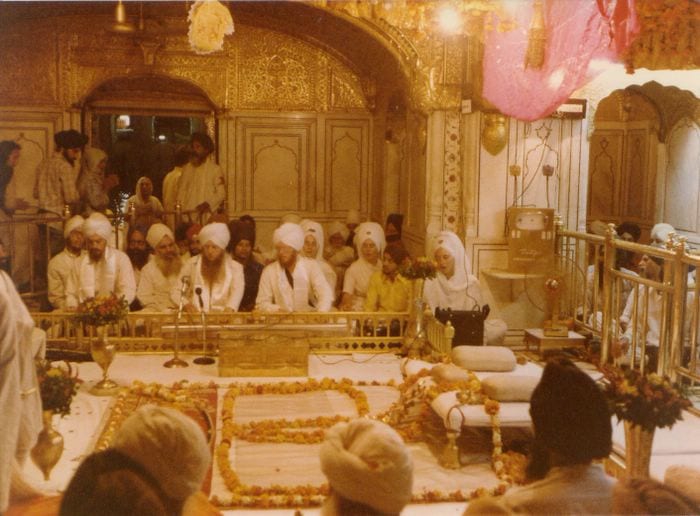|
ਸੀਹੁ (seehu) Meaning: noun: Lion, tiger. |
|
Quote: saktaa seehu maare sai miriaa sabh pichhai pai khaai. |
|
Message: A lion or tiger is proud of its might when it is young and strong. It kills other weaker animals for his food. Its roar serves to impress other animals who can hear it. But when it becomes old and weak, the roar serves no purpose. And, eventually it becomes unable even to hunt for his food. In the light of this analogy, power and status may seem to serve their purposes for a while but they prove to be ineffective in the long run. Humans boast and brag about their accomplishments but little do they realise that these are temporary. They exploit others and sever relationships to accumulate wealth and worldly possessions. Too much of this when we are young, only brings pain later on in life as fractured relationships cannot be mended. But few can resist this temptation when young. If this attitude and behaviour is not pleasing to the Divine, should we not rethink how we are living our lives? Should we not be more humble? Etymology: From Sanskrit siṁh (lion) → Pali seeh → Prakrit seeh → Old Punjabi seeh (lion, leopard).. |




